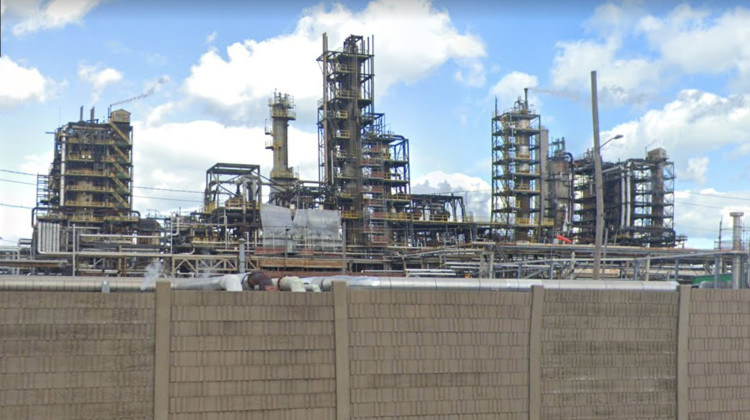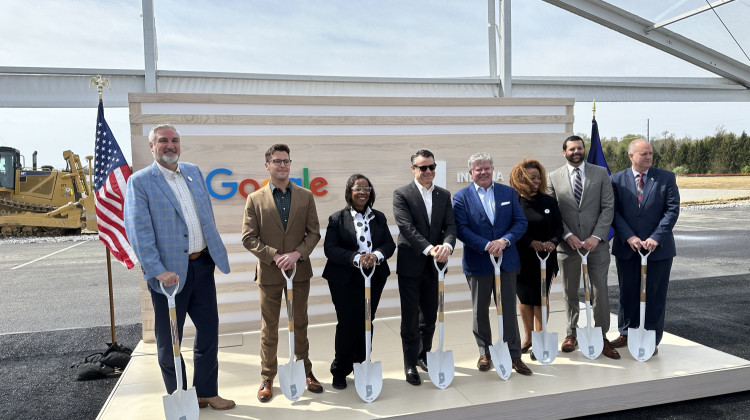More than a dozen environmental groups are suing the Environmental Protection Agency for failing to control industrial pollution in U.S. waterways.
The groups say every five years the EPA is supposed to review new pollution control technology and set stricter limits for pollutants as those treatments improve.
But the standards for things like oil refineries, plastic manufacturers and fertilizer plants haven’t been updated since the '80s. And the EPA hasn’t set limits for some industrial chemicals at all — like cyanide, benzene, mercury and chlorides.
Jen Duggan is the deputy director of the nonprofit watchdog group the Environmental Integrity Project — one of the plaintiffs in the suit.
“This would be like using a rotary phone call. And nobody thinks that that's the best way to make a phone call in 2023," she said.
The EIP has called BP’s Whiting Refinery in northwest Indiana one of the worst refineries for water pollution in the country. According to EIP’s report released in January, the Whiting Refinery put out the third most selenium pollution of any oil refinery in 2021 — a chemical that causes mutations in fish.
READ MORE: BP agrees to $2.75 million settlement for air pollution at Whiting Refinery.
Join the conversation and sign up for the Indiana Two-Way. Text "Indiana" to 73224. Your comments and questions in response to our weekly text help us find the answers you need on statewide issues, including this series on climate change and solutions.
It also put out the fifth most nitrogen pollution — which can cause algae blooms that suffocate aquatic life and can make swimmers sick.
Mitch McNeil is the Chicago chapter chair of the Surfrider Foundation — a nonprofit that aims to protect waterways from pollution. He said the south end of Lake Michigan has the largest waves, but many surfers that go there suffer from rashes, hives, eye and ear infections, and some stomach upsets.
“For some people who live in the area, this is the only waterfront access they have and it’s unfair that BP is diminishing their quality of life," McNeil said.
Cities like Hammond and East Chicago also drink treated water from Lake Michigan.
Indiana’s other oil refinery — CountryMark in Mount Vernon — ranked third for the most times its wastewater pollution exceeded the legal limits from 2019 to 2021.
Duggan said the lawsuit could also affect the Alcoa Warrick aluminum smelter in Newburgh and chemical plants in Union City, Marion and northwest Indiana.
CORRECTION: The headline has been updated with the correct spelling of former President Ronald Reagan's name.
Rebecca is our energy and environment reporter. Contact her at rthiele@iu.edu or follow her on Twitter at @beckythiele.
 DONATE
DONATE









 View More Programs
View More Programs

 Support WFYI. We can't do it without you.
Support WFYI. We can't do it without you.